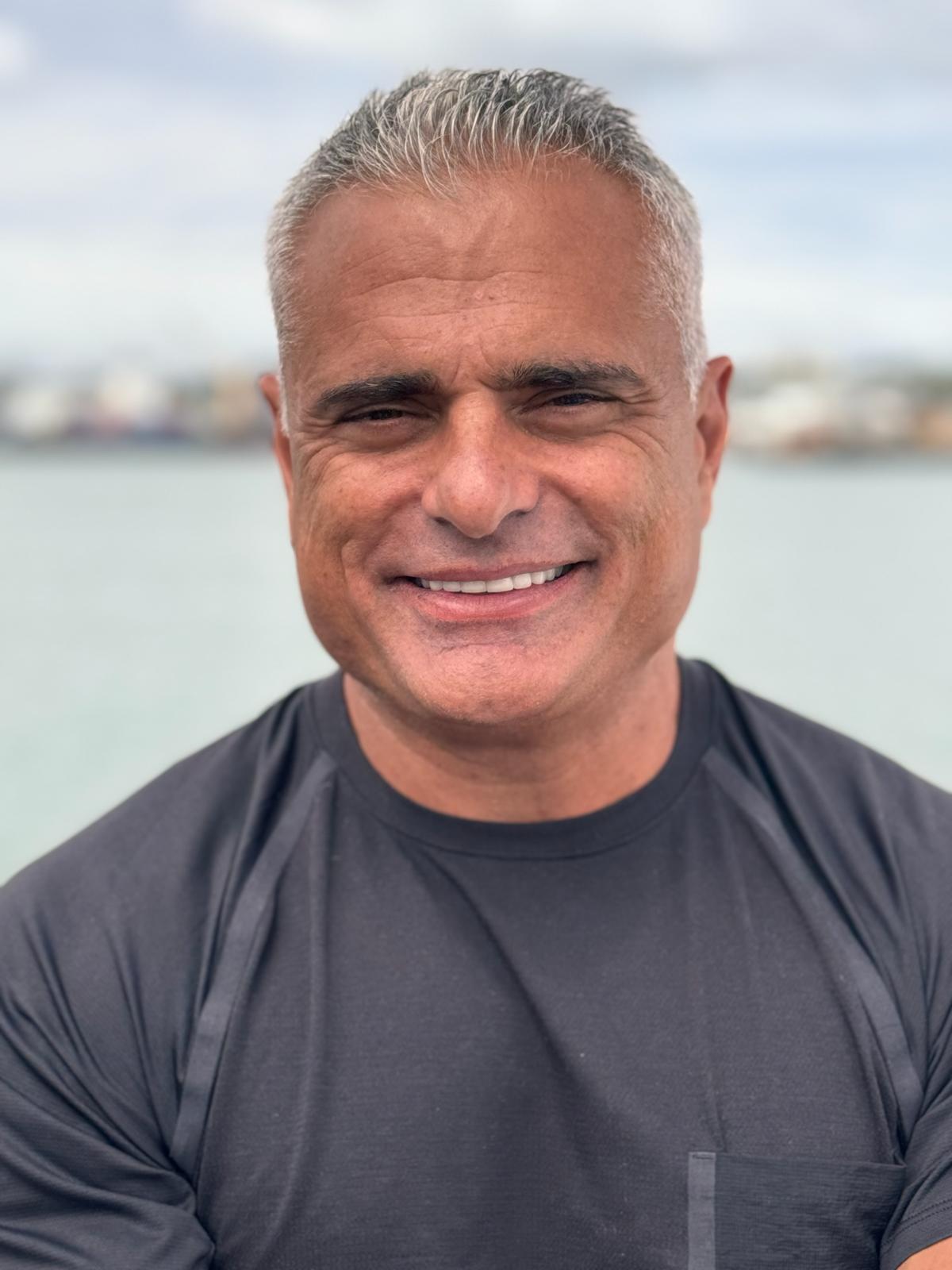Take-Home Microdosing Trial Studies Sub-Hallucinogenic For Depression
A conversation with MindBio Therapeutics CEO Justin Hanka

As the field of psychedelic medicine continues to develop at what seems like a breakneck pace, we hear from MindBio Therapeutics CEO Justin Hanka, who details the company’s Phase 2a clinical trial investigating the use of a take-home microdosing regimen for depression. In this interview, Hanka delves into the details of the trial and its potential impact on the treatment of depression.
Clinical Leader: MindBio Therapeutics just shared the results of your Phase 2a take-home microdosing trial for depression. Can you provide an overview of this trial and why it's considered a world’s first?
This Phase 2a trial is truly a world’s first as it's the only clinical trial ever conducted where patients were allowed to take a psychedelic medicine, in this case, our proprietary sub-hallucinogenic formulation of LSD called MB22001, at home without supervision. This is a significant milestone not just for MindBio but for the entire field of psychedelic medicine. Until now, the psychoactive and mind-altering properties of classic psychedelics like LSD have made it impractical and unsafe for patients to take these compounds outside of a supervised clinical setting. The risk of adverse events like anxiety, panic, or psychosis meant patients had to be closely monitored by trained professionals during dosing sessions.
However, what allowed us to pursue this take-home approach is our proprietary sub-hallucinogenic formulation that provides a low dose of LSD, keeping patients below the threshold for a full psychedelic experience. Preclinical and early clinical data have suggested MB22001 could provide therapeutic effects but with a much lower side effect profile compared to conventional psychedelic doses and a mitigated safety risk.
Typically, trials with classic psychedelics require patients to come into a clinic and be monitored by two clinicians for up to 8 hours while under the influence of the psychedelic compound. However, our trial was designed to evaluate the safety and efficacy of MB22001 when taken at home in a microdosing regimen, which involves taking very low, mildly perceptual doses. The aim is to have MB22001 taken by patients out in the community in the same way they would take any other medication and then get on with their day. Given the drug is hallucinogenic in large doses, the clinical trial approvals for take-home use are important to test the safe use and efficacy in the real world.
What were the key findings from this trial, and how do they contribute to our understanding of microdosing as a potential treatment for depression?
After eight weeks of taking MB22001, patients experienced a 60% reduction in depressive symptoms, as measured by the Montgomery-Asberg Depression Rating Scale (MADRS). Even more impressively, 53% of patients achieved complete remission from depression.
These are exceptional outcomes, especially considering the trial's short duration. We also saw an impressive mean 14.1-point drop in MADRS scores, which is well above the threshold for clinical significance.
Most importantly, MB22001 demonstrated an excellent safety and tolerability profile, with no treatment-related serious adverse events reported. This reinforces the potential of microdosing LSD as a viable, safe, and effective treatment for depression that can be orally self-administered at home.
Can you elaborate on the potential advantages of a take-home microdosing approach compared to traditional depression treatments or even clinic-based psychedelic therapies?
Three of the key advantages of a take-home microdosing approach are its potential efficacy, accessibility, and scalability. Traditional depression treatments, such as SSRIs, often have limited efficacy and can come with undesirable side effects. Clinic-based psychedelic therapies, while promising, are resource-intensive — necessitating clinical monitoring for several hours and incurring high patient costs — and may not be practical for widespread adoption.
With a take-home microdosing approach, patients can self-administer the treatment in the comfort of their own homes, without the need for costly clinical supervision or disruptions to their daily lives. This could potentially make this type of therapy more accessible and affordable — given there are no clinic visits or expenses — for a broader population.
Additionally, our trial demonstrated that patients could safely and effectively self-titrate their doses based on individual tolerance levels, which is a unique feature of our proprietary MB22001 formulation. Participants were given the option to dose up or down in 2-microgram increments, depending on their comfort level.
What are the next steps for MindBio in terms of advancing MB22001 and this take-home microdosing approach?
Based on these promising Phase 2a results, we've started a Phase 2b randomized triple-blind placebo-controlled trial in depressed patients, which involves a larger patient population and longer treatment duration. We're also exploring opportunities to expand our research into other indications beyond depression, including a Phase 2b trial currently underway in cancer patients experiencing end-of-life distress. We also have a keen interest in women’s health and have clinical trials in development that will be announced soon.
Ultimately, our goal is to bring MB22001 through late-stage clinical development and regulatory approval, paving the way for a new paradigm in mental health treatment — one where patients can safely and effectively manage their conditions from the comfort of their own homes.
About the Expert:
 Justin Hanka is an investment banker and cofounder of MindBio Therapeutics, a company focused on psychedelics and emerging mental health treatments. He has experience in investment banking, capital raising, M&A, IPOs, and equity placements across various sectors including pharmaceuticals, health tech, fintech, AI, agritech, and entertainment. Hanka currently holds several non-executive director roles at companies like EonX, Blackhawk Growth Corp, and SPARC AI. He also cofounded Hardenbrook Group, a merchant bank that spins out intellectual property from universities.
Justin Hanka is an investment banker and cofounder of MindBio Therapeutics, a company focused on psychedelics and emerging mental health treatments. He has experience in investment banking, capital raising, M&A, IPOs, and equity placements across various sectors including pharmaceuticals, health tech, fintech, AI, agritech, and entertainment. Hanka currently holds several non-executive director roles at companies like EonX, Blackhawk Growth Corp, and SPARC AI. He also cofounded Hardenbrook Group, a merchant bank that spins out intellectual property from universities.
